In 2012, the Nuclear Regulation Authority (NRA) had ordered Monju’s operators to adopt operational safety measures after several problems were uncovered in the reactor’s maintenance and management procedures. That directive has prevented preparations to restart the reactor.
Against the background of inadequate attention to regulatory requirements and the long-term suspension of operations due to a leakage of sodium in 1995, the reforms have been carried out in two stages.
The first stage of Monju reforms was carried out at the same time that reform of the entire JAEA organization began in October 2013. Starting in October 2014, meanwhile, the second stage of Monju reforms have focused on the reestablishment of systems of maintenance, management and quality assurance, and upgrading the technological abilities of workers at the site in order to abide by NRA’s directives.
On March 4, NRA presented steps that could lead to its order being lifted, but JAEA is expected to take about a year to complete the necessary inspections.
In terms of the overall state of the reforms, the report says that all measures have been put into action, with positive results having been confirmed to a certain extent. That brings the effort to the stage where organizational culture is what needs to be fixed next.
Following the revelation that inspection reports were falsified involving a large amount of equipment, the NRA ordered JAEA in May 2013 not to prepare for Monju’s restart. The intensive reform period was originally set at one year, but JAEA extended it by another six months, intending to have suspension order lifted by the end of March 2015.
Expressing great regret that Monju has not yet been freed from the yoke of NRA’s order, JAEA President Shojiro Matsuura said that he hoped trial operations would resume soon, saying that “results should be demonstrated through actual operation.”
At a press conference at MEXT offices in Tokyo, Matsuura cited the radiation leakage accident more than four decades ago on the Japanese nuclear ship Mutsu as he referred to the relation between human resources and long-term suspensions. He said, “It is important to maintain human resources so as not to weaken technological abilities at sites.”
Meanwhile, MEXT Minister Hakubun Shimomura decided on March 24 to appoint Toshio Kodama (63), a former JAEA executive vice president, to the company’s presidency as of April 1. His decision was approved by the Cabinet on the same day. Matsuura (79) will leave the position upon the expiration of his term at the end of this month.






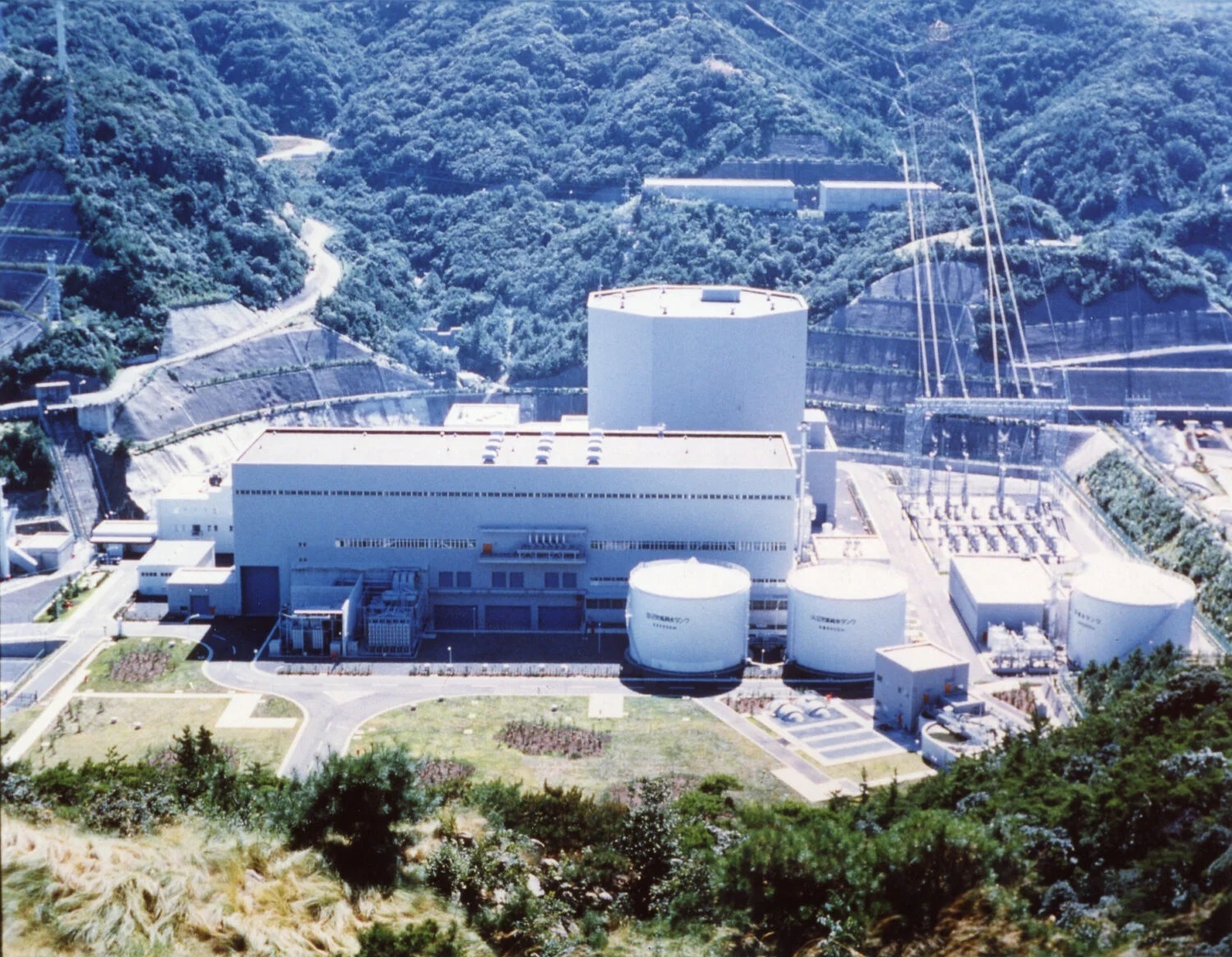
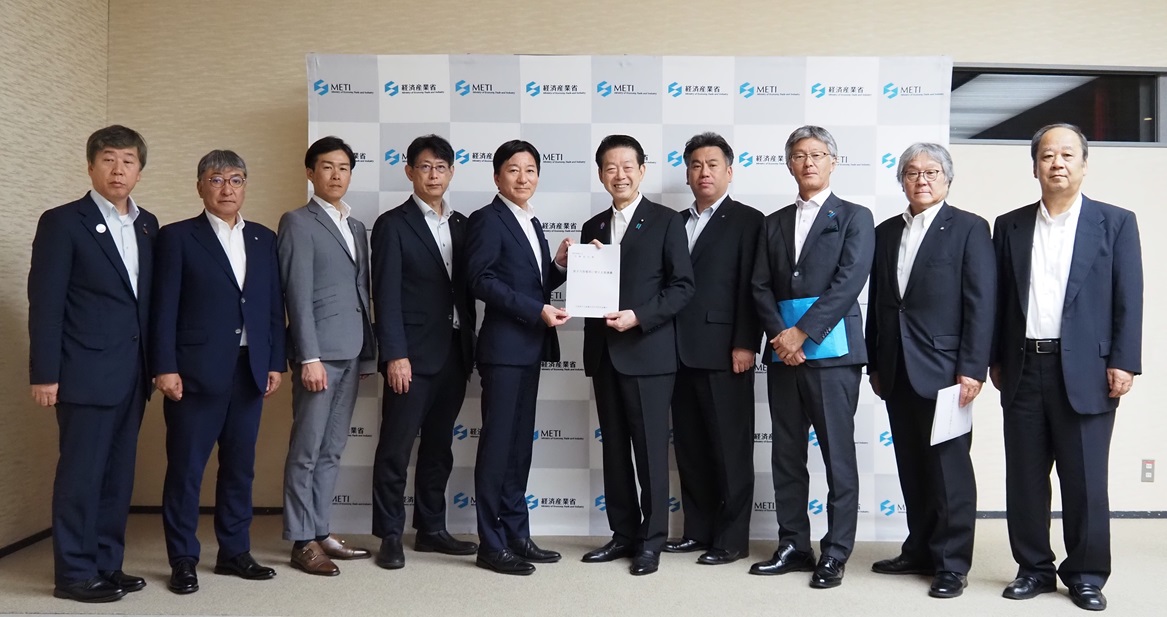

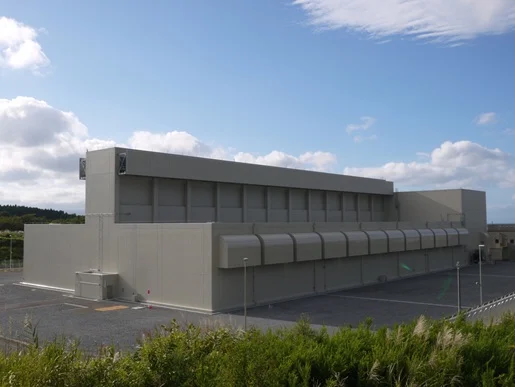
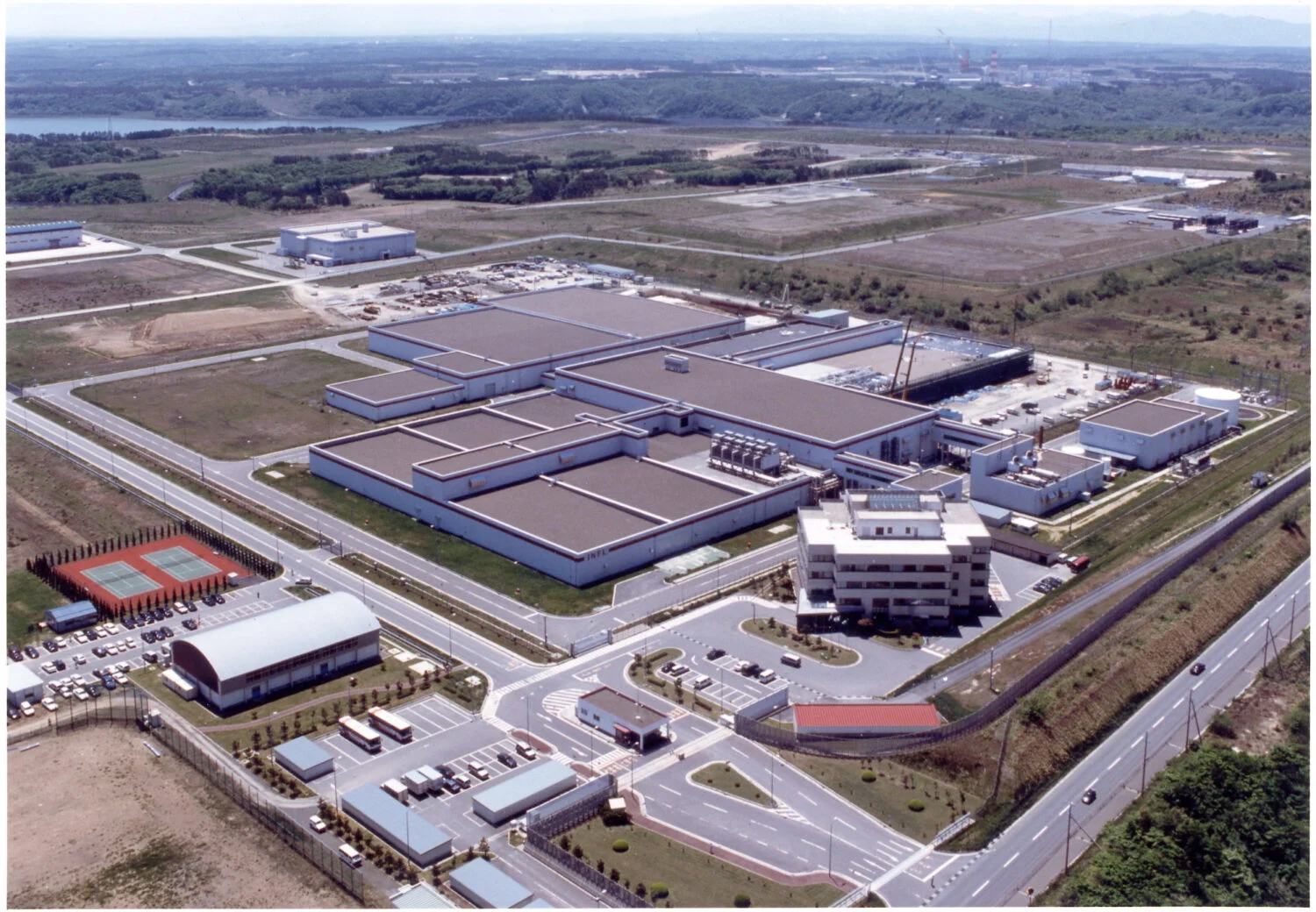

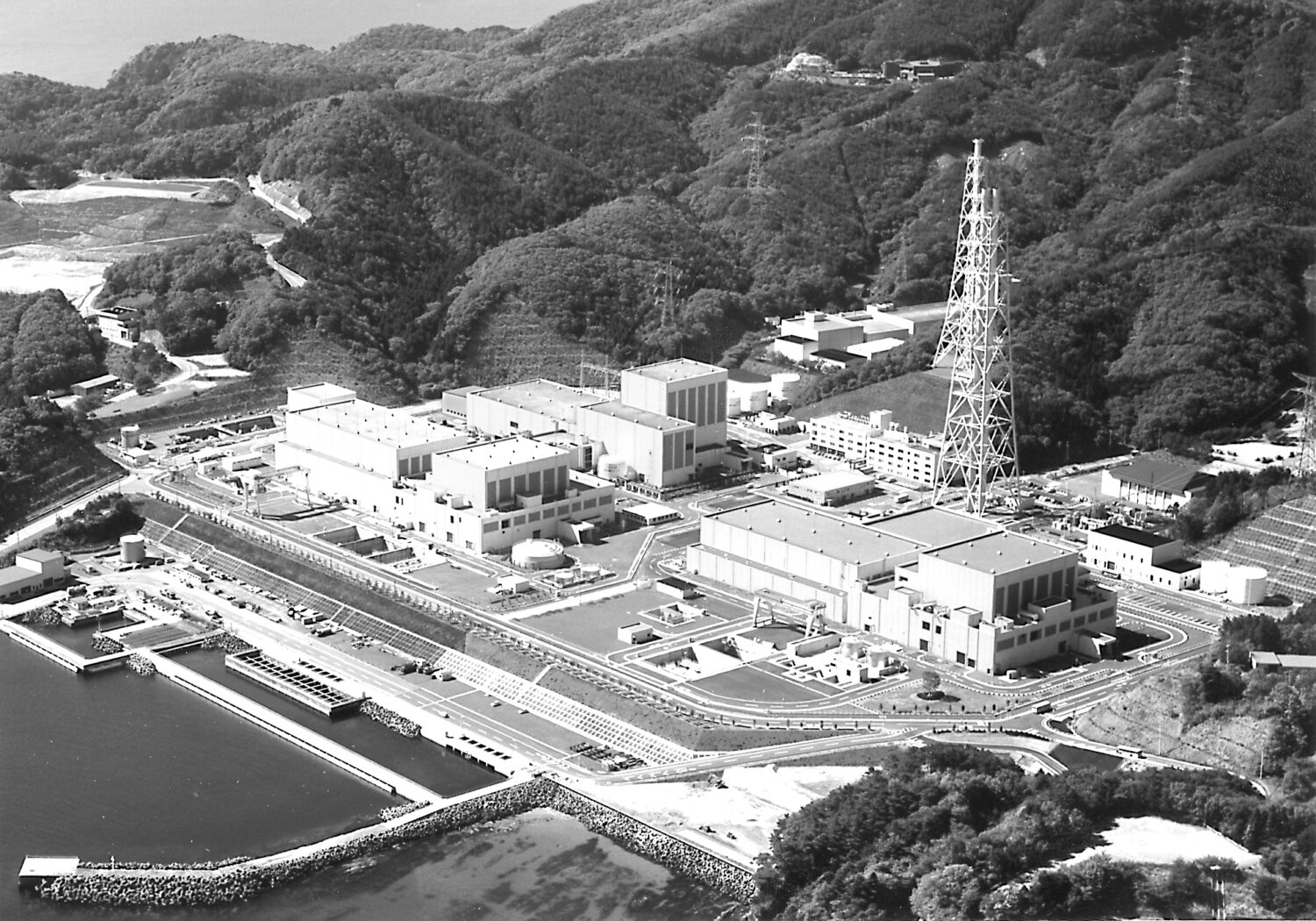
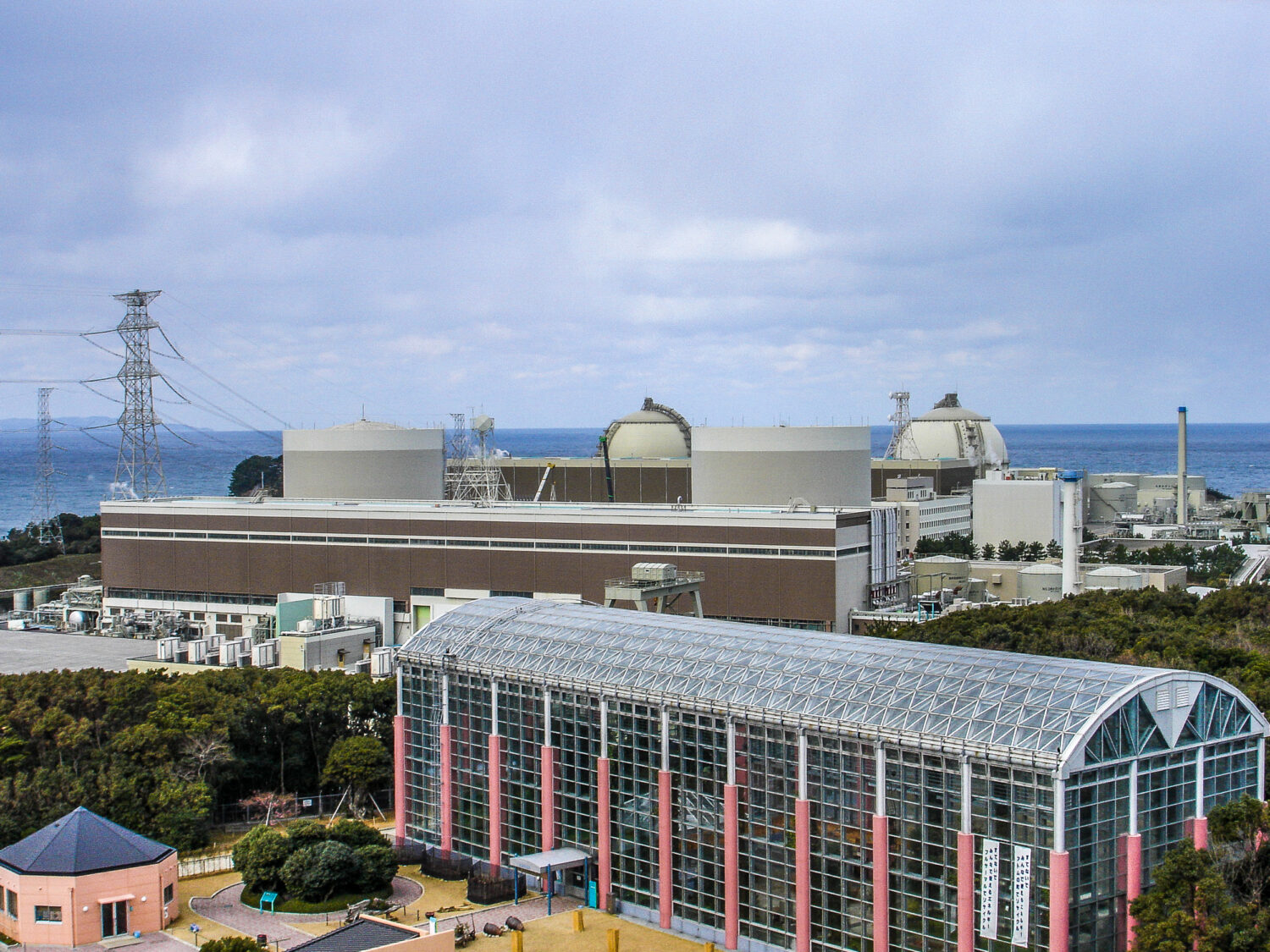
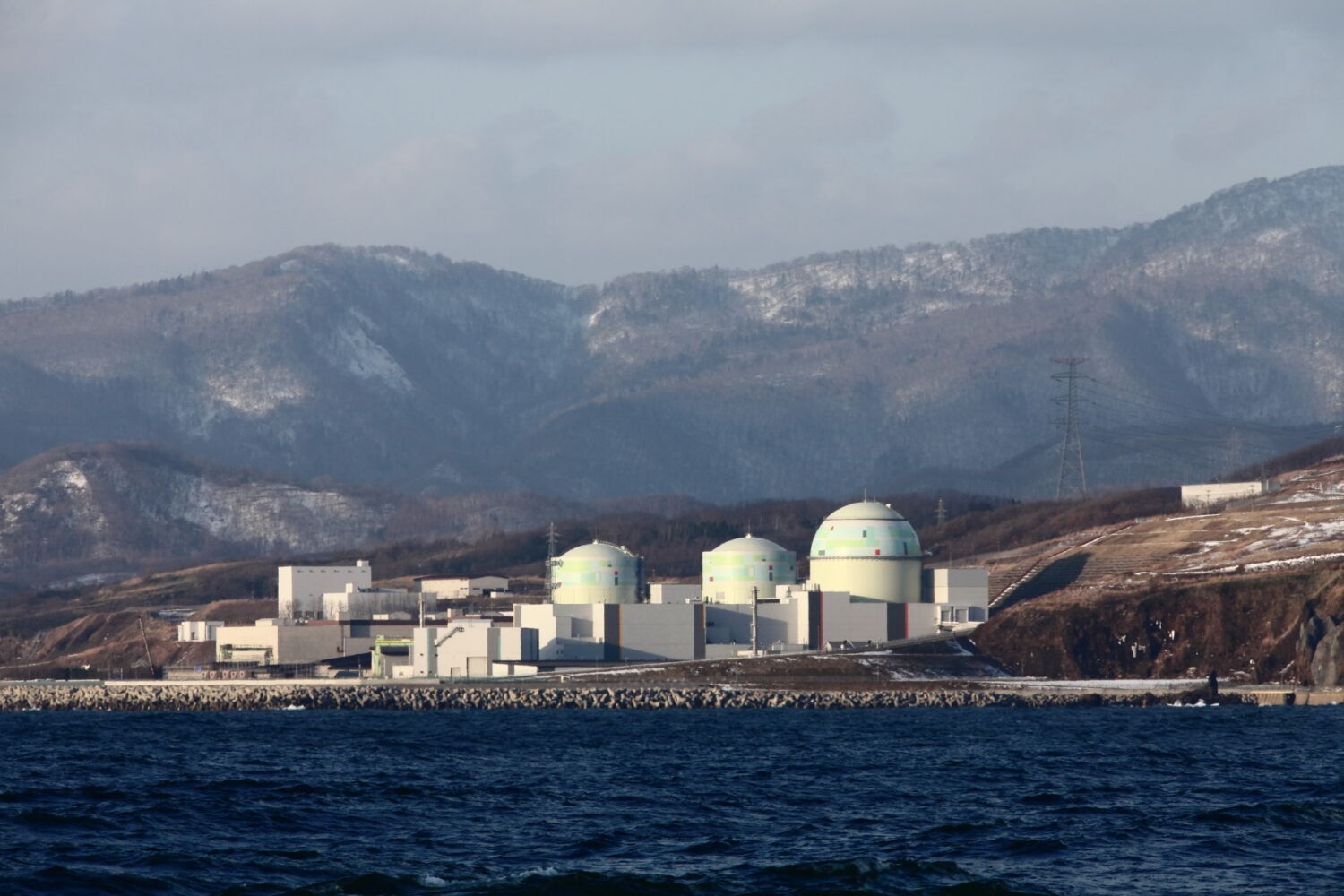
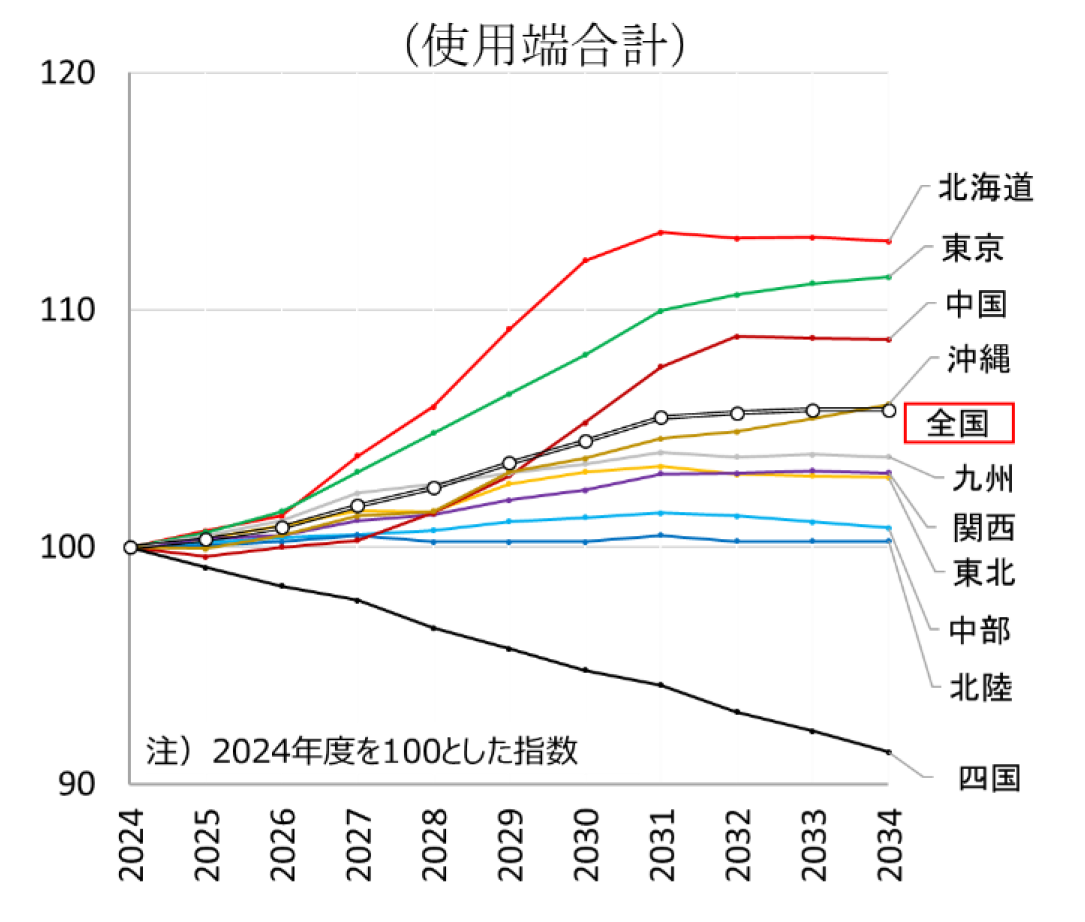
.jpg)
